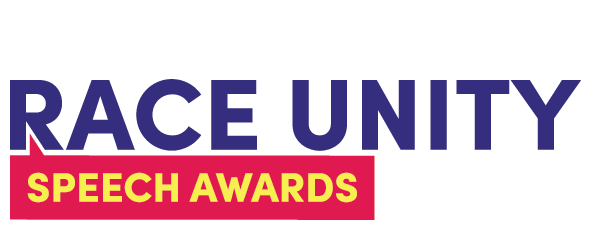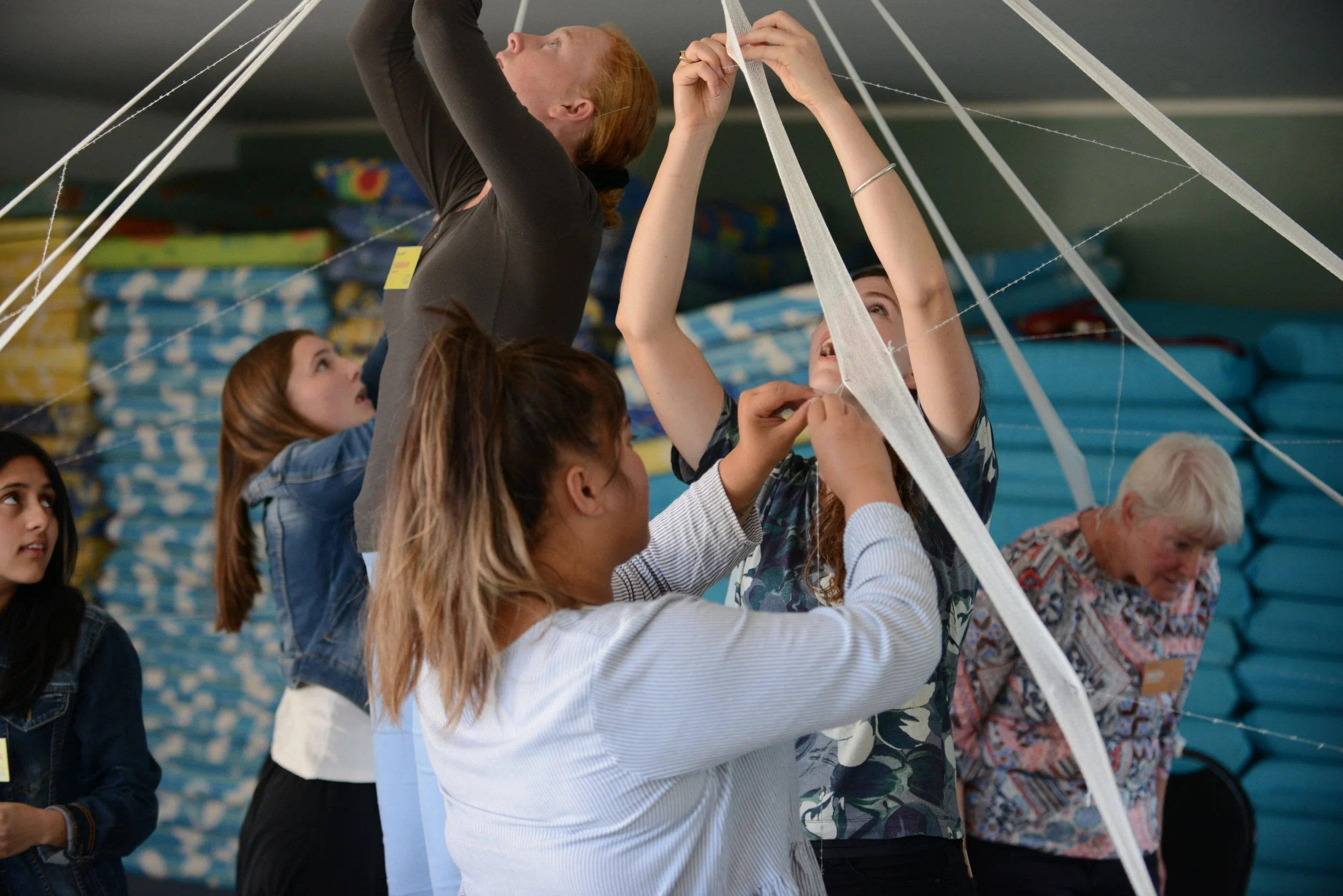RACE UNITY HUI 2019
Confronting racism with justice and unity – A youth statement on race relations in Aotearoa
Since 15 March 2019, our society has been having a long-overdue conversation about racism, prejudice and unity. Many voices have been heard. By and large, young people have not.
This statement represents the views of over 150 youth and young adults aged 15 to 30 from around Aotearoa who gathered to discuss race relations in Aotearoa at this year’s series of Race Unity Hui, held between March and May 2019. They came from cities and rural towns, from Kerikeri to Riverton. They represented the full ethnic and religious diversity of Aotearoa. They brought with them their diverse perspectives as high school students, university students, young professionals, activists and community workers. The views they shared, summarised below, are a call to action for all New Zealanders.
Every individual in Aotearoa is responsible for confronting racial prejudice. Instead of attacking one another we need to examine our own prejudices, and help others to do the same. This is difficult work, requiring compassion, empathy, humility and courage.
Our young people need an education that helps them overcome individual and institutional racism, both at home and at school. We are calling for greater diversity in school leadership and changes to curriculum, education policies and school culture.
If we are to become a truly inclusive society, we need social spaces in our communities where people of all backgrounds can talk about race relations and share their culture. These kinds of gatherings can help us move beyond mere acceptance or tolerance of different cultures to identify shared values, aspirations and goals.
The continuing lack of diversity in positions of influence, the cultural bias of institutions, and racial inequalities of wealth, health and education are all examples of institutional racism: social structures that reflect and reproduce racial prejudice and inequity at a societal level. Responsibility for dismantling institutional racism sits not only with the leaders and members of institutions, but with all of us as citizens, stakeholders, employees and consumers.







